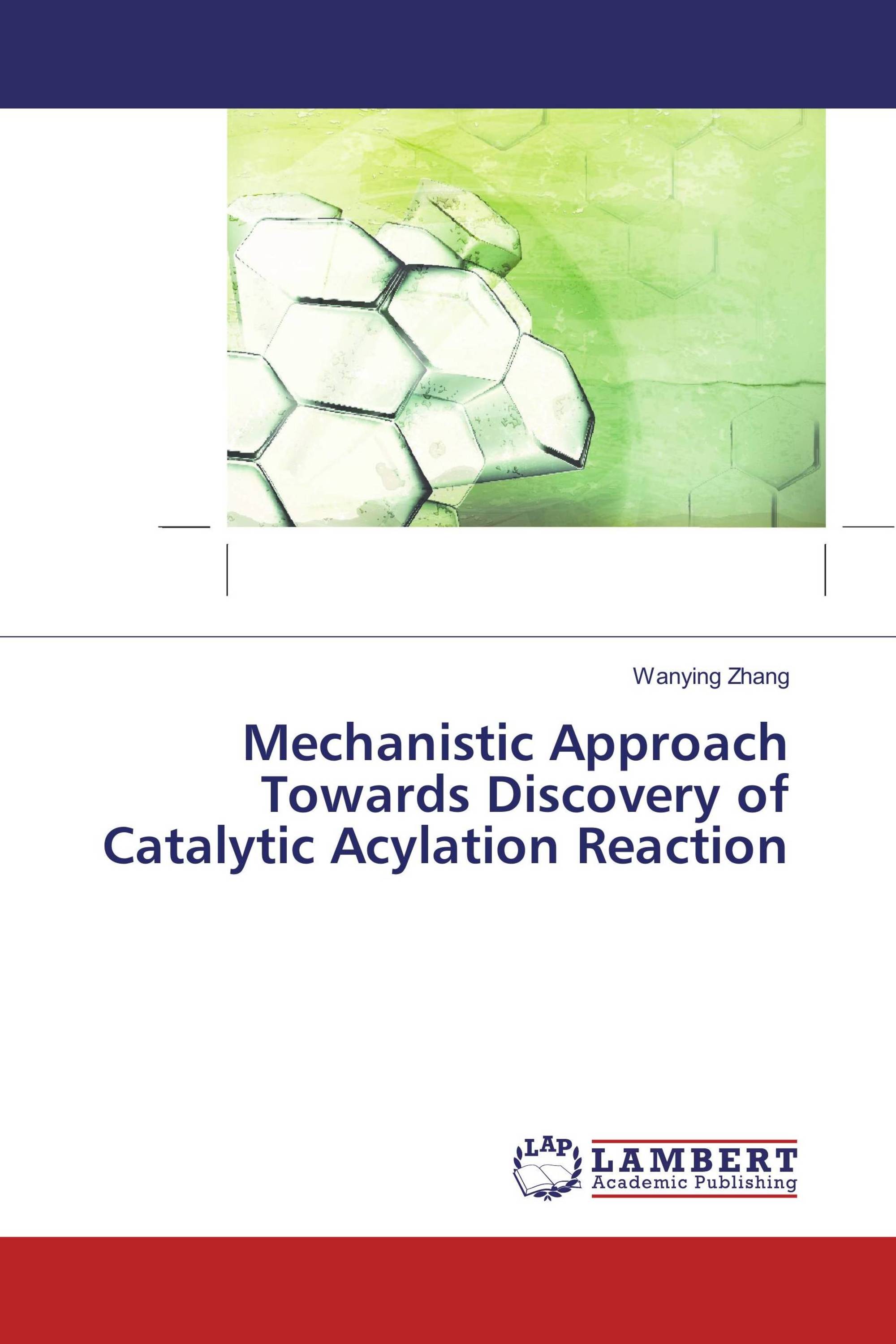Mechanistic Approach Towards Discovery of Catalytic Acylation Reaction
LAP Lambert Academic Publishing ( 30.06.2017 )
€ 69,90
The development of new, efficient methods for the formation of carbon-carbon bonds using transition metal catalysis has broad applications in the field of organic chemistry and is the key to efficient chemical synthesis. Many efforts had been made to develop efficient ways to make these linkages particularly with the aid of metals such as Rh, Pd, Ni, Ru and Cu. Chapter 1 describes attempts that were conducted to achieve hydroacylation between an aldehyde and a non-conjugated alkene via a metal hydride intermediate. The use of RuHCl(CO)(PPh3)3 proved to be the most efficient catalyst for this transformation thus far. Mechanistic investigations were conducted to explore different possibilities to enable this transformation. This chapter also identifies a new self-aldol domino reaction, which consists of a self-aldol condensation of an aldehyde, followed by oxidation and decarbonylation giving rise to a ketone product. Chapter 2 describes a novel Suzuki-Miyaura system that couples esters and boronic esters to form the corresponding ketone product. It was found that an NHC-based Pd catalyst is crucial in the transformation wherein it activates the C(acyl)-O bond of the ester.
Kitap detayları: |
|
|
ISBN-13: |
978-3-330-32736-8 |
|
ISBN-10: |
3330327367 |
|
EAN: |
9783330327368 |
|
Kitabın dili: |
English |
|
Yazar: |
Wanying Zhang |
|
Sayfa sayısı: |
224 |
|
Yayın tarihi: |
30.06.2017 |
|
Kategori: |
Organik kimya |




